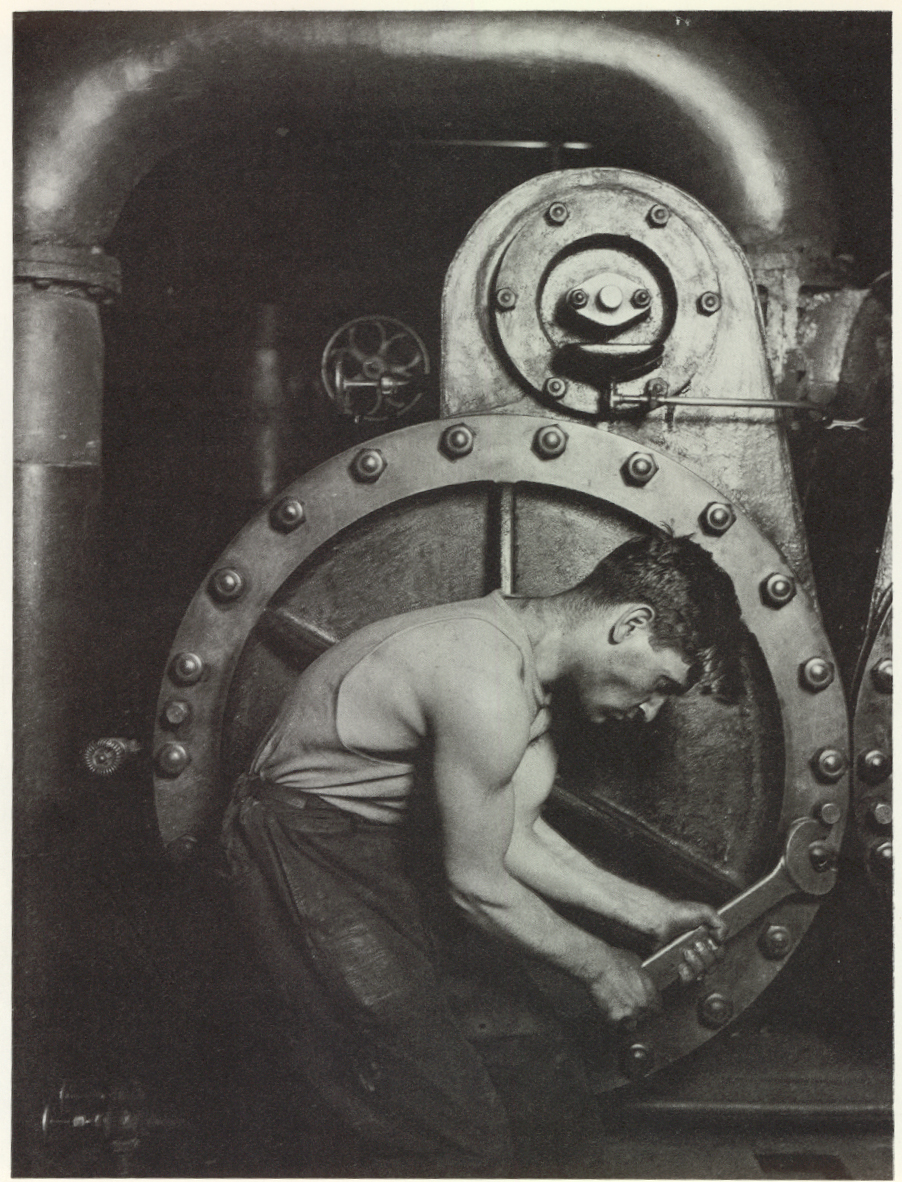Lewis Hine: sociologist with a camera who proved that photography can make positive social change!
DOWNLOAD ZIP JPEG PHOTOS: Lewis HINE >
Lewis Hine studied sociology and was a school teacher, but started to make photos because he realized the power of photography to make more effective social change.
Hine documented injustice for children labor and working situations, as well as turned his empathetic heart to immigrants.
The reason why I think Hine’s work is significant: if shows the power of photography to enact social change. Not only that, but child labor and slavery still exists in the world! Think about the blood diamonds in Africa, child labor slavery/sexual slavery that happens in Southeast/South Asia, and all the other injustice in the world!
Some personal lessons I’ve learned from Lewis Hine:
1. Children shouldn’t be exploited for their labor

“There is work that profits children, and there is work that brings profit only to employers. The object of employing children is not to train them, but to get high profits from their work.”
I don’t think it’s a problem for kids to work. Often children who are given chores or jobs to do is good for their work ethic.
The problem when they are being exploited for cheap labor, especially in dangerous situations!
2. The camera convinces people more than mere words

“If I could tell the story in words, I wouldn’t need to lug around a camera.”
People put more trust in photos than words.
3. Show empathy to others with your camera

“Photography is an empathy towards the world.”
Recognize that your camera has the ability to help you empathize and connect with your fellow human beings.
4. Photography brings hope and light

“Photography can light-up darkness and expose ignorance.”
5. Show what needs to be corrected and appreciated

“I wanted to show the thing that had to be corrected: I wanted to show the things that had to be appreciated.
6. Focus on the individual person, not “humanity” as an abstract concept

“I have always been more interested in persons than in people.”
7. Why people trust photos

“The photograph has an added realism of its own; it has an inherent attraction not found in other forms of illustration. For this reason the average person believes implicitly that the photograph cannot falsify. Of course, you and I know that this unbounded faith in the integrity of the photograph is often rudely shaken, for, while photographs may not lie, liars may photograph. It becomes necessary, then, in our revelation of the truth, to see to it that the camera we depend on contracts no bad habits. (1909)
Conclusion
Your camera has much potential, and you have much potential power as a photographer to make a meaningful difference and change in the world!
Lewis Hine: Sociologist with camera.
Learn more about Lewis Hine:
IMMIGRATION: Ellis Island








Colorized photos by Sanna D for Time
Made by Sanna Dullaway







































































